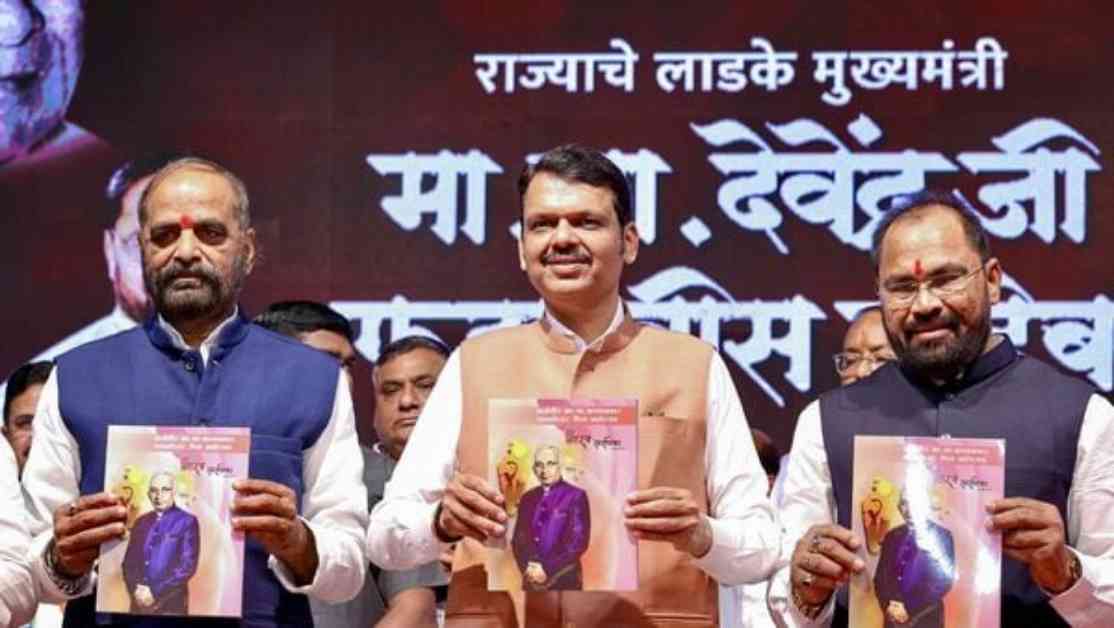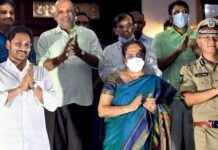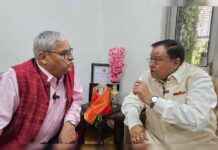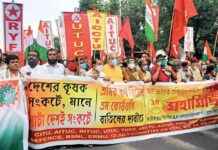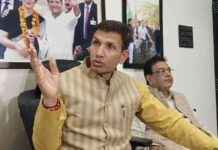Maharashtra CM Devendra Fadnavis Reacts to Sharad Pawar’s Praise
In a surprising turn of events in the political arena, Maharashtra Chief Minister Devendra Fadnavis has responded to Sharad Pawar’s rare praise for the Rashtriya Swayamsevak Sangh (RSS). The statement comes amidst a backdrop of shifting alliances and unpredictable dynamics within the state’s political landscape. Fadnavis’s remarks shed light on the complexities of political relationships and the strategic maneuvers that define the realm of governance.
Unpredictability in Politics
“In politics, anything can happen,” Fadnavis remarked, encapsulating the essence of uncertainty that pervades the realm of governance. His acknowledgment of the unpredictable nature of political developments underscores the need for adaptability and strategic acumen in navigating the ever-changing landscape of public affairs. The interplay of alliances, rivalries, and ideological differences adds layers of complexity to the decision-making processes of political figures, shaping the direction of policy and governance.
Strategic Insights and Acknowledgments
Fadnavis’s recognition of the RSS’s role in countering opposition narratives during elections highlights the strategic importance of organizational support in shaping political outcomes. By acknowledging the intelligence behind Pawar’s unexpected praise, Fadnavis showcases a nuanced understanding of the tactical maneuvers that underpin public statements and gestures within the political sphere. The intricacies of political communication and signaling reveal the depth of strategic thinking that underlies public pronouncements and gestures, influencing perceptions and shaping narratives in the public domain.
Navigating Political Landscapes
As citizens and observers of political developments, the interaction between leaders, parties, and interest groups offers a window into the complexities of governance and decision-making. The unfolding dynamics within Maharashtra’s political ecosystem provide insights into the strategic calculations and tactical moves that define the state’s political landscape. By staying informed and engaged with the latest updates and statements from key political figures, individuals can gain a deeper understanding of the forces at play and the implications for policy and governance.
In conclusion, Fadnavis’s response to Pawar’s praise underscores the fluidity and unpredictability of politics, highlighting the strategic considerations and tactical maneuvers that shape public discourse and policy outcomes. As we navigate the intricacies of political landscapes, staying informed and critically engaging with developments can enhance our understanding of governance and decision-making processes.
